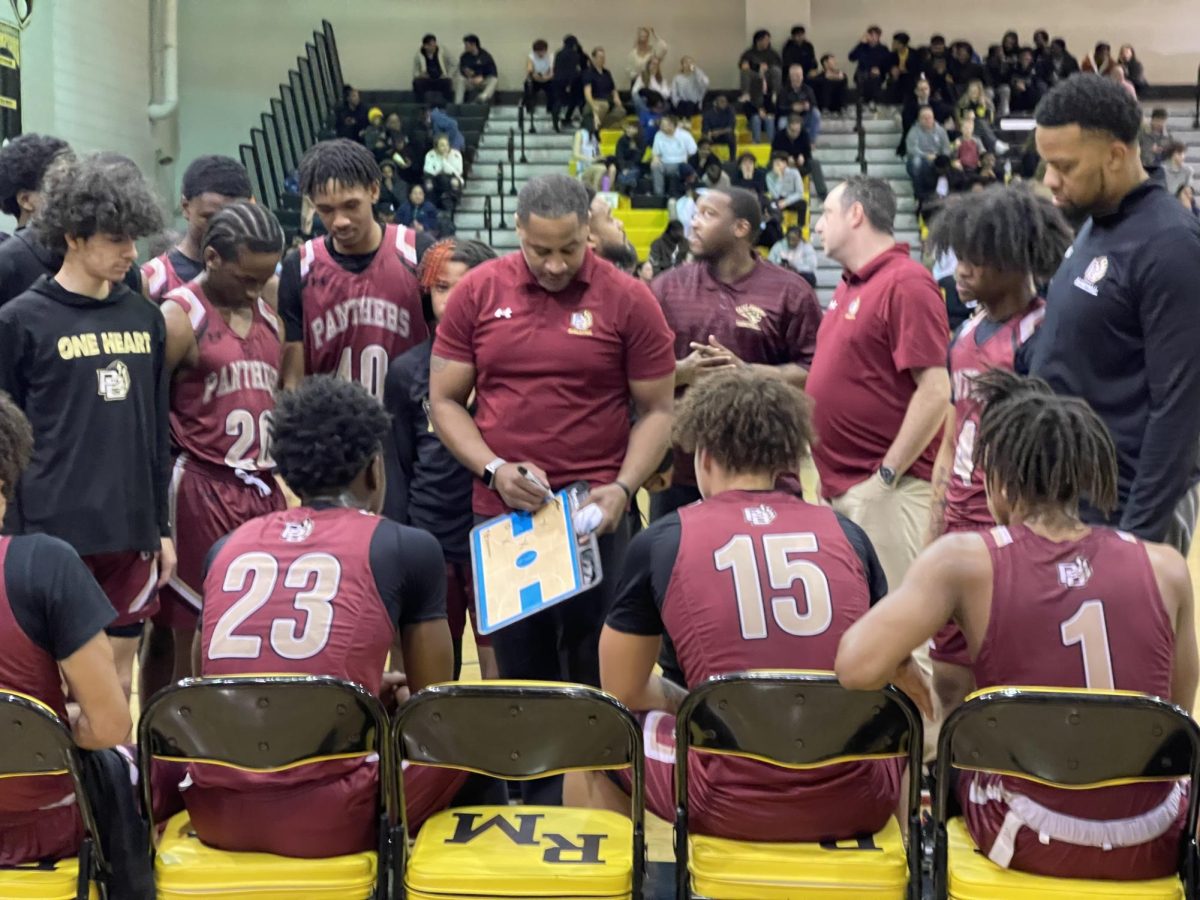Essential Workers
June 9, 2020
Amidst this crisis that the entire world is facing, I find it unbelievable how we are still able to do things such as grocery shopping and visit health care facilities without many worries. Take a bowl of strawberries sitting on your kitchen counter as an example: you picked it up from the grocery store with ease, but do you ever really stop to think about what went into obtaining that simple bowl of fruit?
While I haven’t left my house except for walks since March 13th, my parents still leave the house on occasion to pick up food from the store. Although for some families buying the food and getting the groceries from local supermarkets isn’t the easiest thing in the world, it seems to be a lot easier for the shoppers compared to whoever’s job it was to bring that food into the store, to put it on the shelves, and to work the checkout. When I think of this, one question usually arises: where did this food come from and who is risking their life in order for me to have a meal?
Let’s start by saying what an essential worker actually is and what the job of an essential worker consists of at this time. An essential employee is a designated employee who is required to work during a business closure in order to meet operational requirements. The media covers essential workers such as doctors and nurses, pharmacy employees, workers who provide security services to hospitals and other critical industries, mass transit and airport workers, vendors that provide essential services or products like logistics, child care services, along with hardware and supply stores and many more. We tend to forget those in the agricultural industry who bring the food to market. I’m talking about farmers, ranchers, and agriculture workers who allow us to go to the store and pick up a meal or supplies in order to feed ourselves and our families. This doesn’t at all go to say that the other “essential” jobs are not extremely necessary and crucial for our survival on a day-to_day basis. It is just that we don’t often see the recognition that some of these other essential workers deserve.
Many of those working in the agricultural industry work in harsh and even horrid conditions. Many of this industry’s essential workers still continue to make poverty wages, though. Annie Lowrey, a staff writer at The Atlantic who covers economic policy, states, “These essential jobs are bad jobs not because of ironclad economic laws, but because of the kinds of people who hold them and the kinds of labor laws we have chosen. They are bad jobs because we have not cared to make them good jobs.” This goes to show that even before this crisis these same individuals – who are now being called “essential workers” – were being paid low wages and working in near inhumane conditions. A large amount of these farm laborers tend to not be very educated, since the job does not require many credentials. It is really easy to fill these spaces with people who are merely trying to survive each and every day.
During these uncertain and scary times it is important to recognize and demand equity for the workers who are often left unnoticed. It is important to remember those who allow us to easily pick up a carton of strawberries at the grocery store or a bag of avocados. Now isn’t the time to demand a lot of these workers and forget about how hard they work. There is also no time to disregard those that help us feed ourselves. Compassion is a powerful weapon especially during times that we are in right now. Do not bite at the hand that feeds you when you’re full, then turn around and expect a hand out when you are starving again.











































